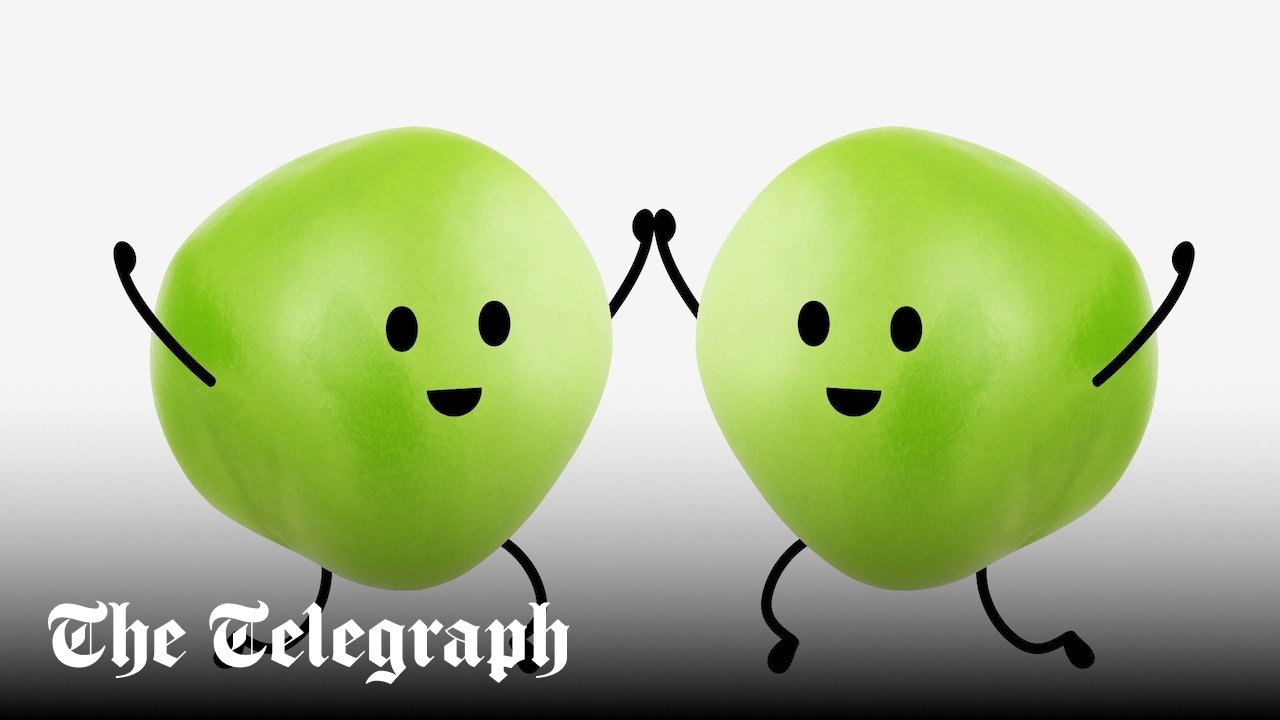
Is there any food more English than the humble garden pea? Most of us have fond memories of shelling them with family in the spring, or shovelling them down as the healthy side-kick to many a favourite meal – fish and chips, chicken pies or a hearty pasta or risotto.
No wonder then that they’re the Queen’s favourite snack: she told Hello! magazine this week that between meals she most enjoys a handful of fresh peas straight from the ground. “If you take them straight from the pod they are delicious and really sweet,” she says. “I take all my grandchildren down to the garden and they spend hours and hours eating peas.”
The best thing about garden peas being a staple on the plates of adults and children alike “is that they’re so easy to add to any meal”, says Rob Hobson, a nutritionist and the author of Unprocess Your Family Life.
“If you’re someone who wants to eat more vegetables then peas are the ideal place to start,” says Hobson. “You don’t have to chop them or peel them, and in a lot of recipes, like a pasta or a salad, you don’t even need to boil them – you can add them straight into the pan,” he adds. What you’re having with your peas is important, he says, but “they can make any meal healthier, even a pile of fried rice from a Chinese takeaway”.
Even out of season, when garden peas are most easily found in the frozen section of a supermarket, these tiny legumes are still delicious and good for you, too. Freshly plucked, frozen, dried or even tinned in a pinch. “Whatever way you get them, they’re going to be very good for you,” Hobson says.
Here are all of the health powers of the garden pea – bundles of vitamins, minerals, protein and fibre included – and exactly how you should be eating them to feel their benefits.
The nutrients in peas and how to make the most of them
When they’re in season, between May and August, “peas fresh from your own garden are going to be the best for your health”, says Hobson. “Flash freezing preserves the nutritional content of most vegetables very well, but peas are usually blanched before they’re frozen, meaning you lose some of the vitamin C and folate in them.”
Though given the nutritional profile of the garden pea, a slight loss of vitamins “shouldn’t be a huge concern”, Hobson says. Peas contain vitamin A and a variety of B vitamins, as well as vitamins C, E and K, which is rarer and harder to get into your diet.
“Vitamin K is essential for bone health and making sure that your blood clots properly,” says Hobson. “Peas are a really good source of this,” he explains, with just a four tablespoon serving containing half the recommended intake of vitamin K per day.
A 100g serving of peas contains around 5g of fibre, a sixth of the amount needed in your diet per day. Also, peas of any kind are “higher in protein than most other green vegetables”, Hobson says, at 6g of protein to 100g of peas. They’re also “a useful source of iron, which many people, and women especially, do not get enough of in their diets”.
